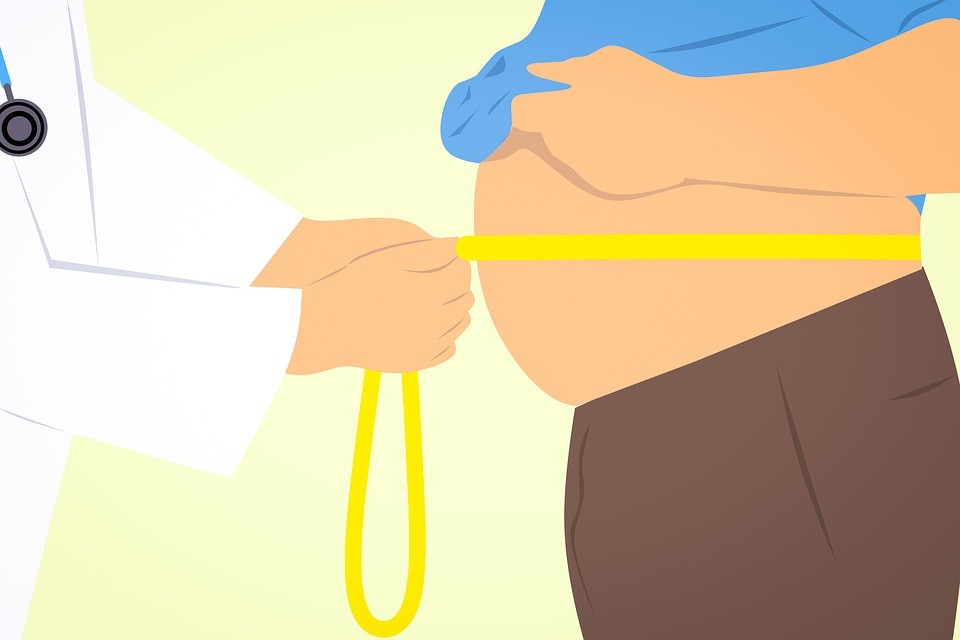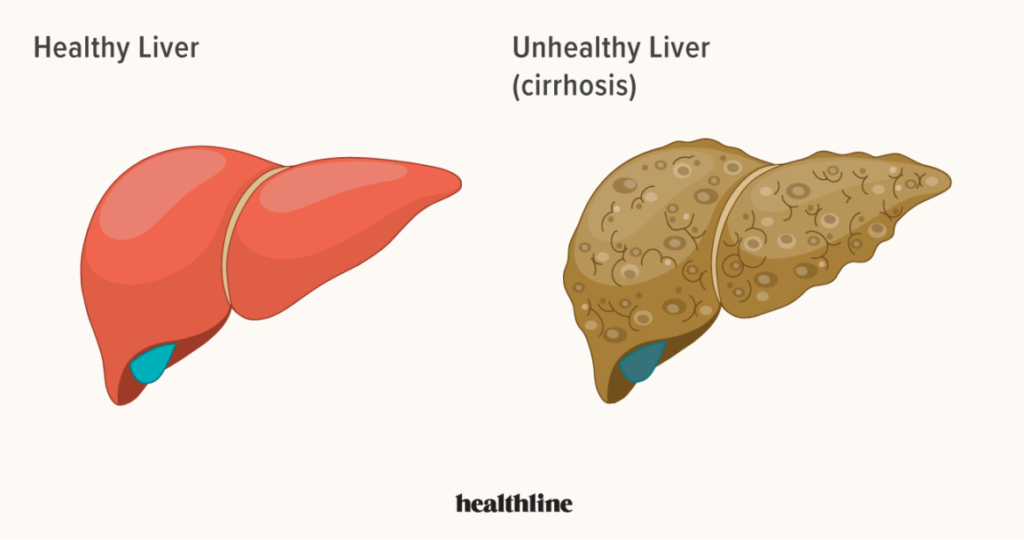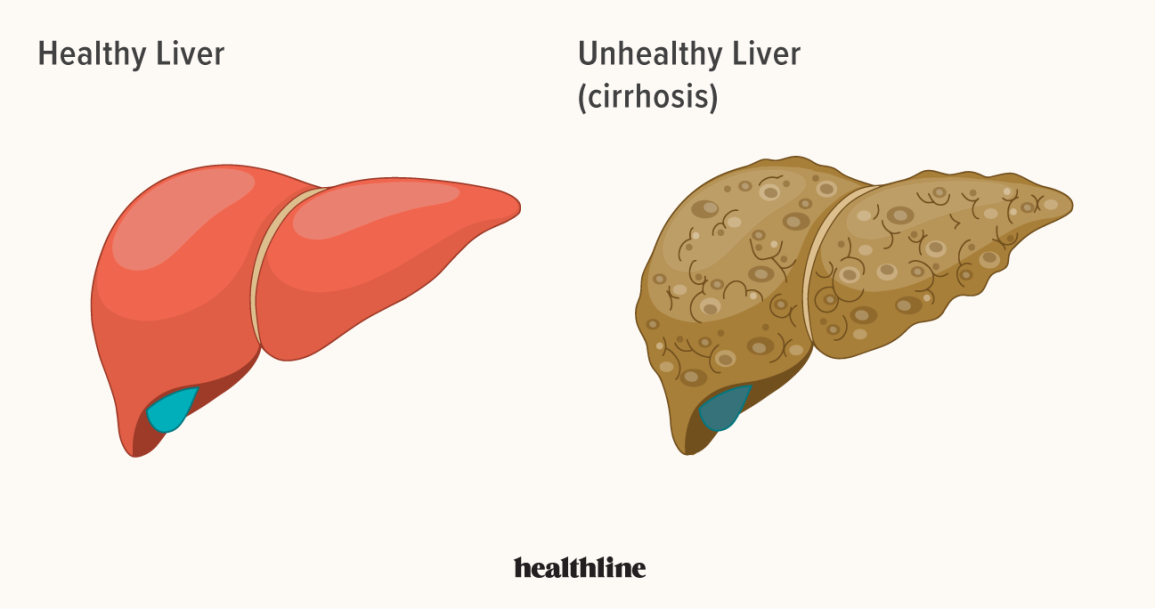Sugar is everywhere, from your morning chai to your favorite snacks. But behind that sweet taste, sugar can cause serious harm to your health. Let’s dive into why sugar is bad for you and how you can reduce your intake.
Why Is Sugar Bad for You?
1. Weight Gain One of the biggest problems with sugar is that it leads to weight gain. Sugary foods are high in calories but don’t fill you up, which makes you eat more. Over time, this can lead to obesity, which comes with its own health risks. Learn more about the obesity epidemic here.

2. Higher Risk of Diabetes Eating too much sugar can mess with your insulin, making your body less responsive to it. This can lead to high blood sugar levels and, eventually, Type 2 diabetes, which is becoming more common even in kids because of sugary diets. Find out more about Type 2 diabetes.
3. Heart Disease Sugar can increase your risk of heart disease too. It can lead to obesity, inflammation, and high triglycerides, which are all bad for your heart. Plus, too much sugar can raise your blood pressure, putting extra stress on your heart. Learn more about heart disease.
4. Tooth Decay Sugar is famous for causing tooth decay. It feeds bacteria in your mouth, which then produce acids that erode your tooth enamel, leading to cavities. Over time, this can cause bigger problems like gum disease and tooth loss. Check out our Healthcare @ Home services for dental care support.
5. Liver Damage Too much sugar, especially fructose, can harm your liver. Fructose is processed in the liver, and when you eat a lot of it, it can cause fat to build up, leading to non-alcoholic fatty liver disease (NAFLD). Get more details about NAFLD here.

6. Increased Cancer Risk Some studies suggest that a high-sugar diet may increase your risk of certain cancers. Sugar can cause chronic inflammation and higher insulin levels, both of which are linked to cancer. Plus, obesity, often driven by sugar, is a major risk factor for various cancers. Learn more about this connection.
7. Sugar Addiction Sugar can be addictive. It triggers the release of dopamine in your brain, making you feel good. This can lead to cravings and overeating, as your body seeks more sugar to maintain that “high.” For tips on healthy eating habits, check out our related blog.

How to Cut Down on Sugar
Reducing sugar can be tough, but it’s worth it for your health. Here are some tips:
1. Read Labels Sugar is hidden in many processed foods, even those that aren’t sweet. Check ingredient labels to spot added sugars, which might be listed as high fructose corn syrup, cane sugar, or other names.
2. Choose Whole Foods Stick to whole, unprocessed foods as much as possible. Fresh fruits, vegetables, whole grains, lean proteins, and healthy fats are naturally low in sugar and full of nutrients.
3. Avoid Sugary Drinks Sodas, energy drinks, and even fruit juices can be loaded with sugar. Add water, unsweetened tea, or black coffee to your diet. Add a slice of lemon or lime to your water if you crave something sweet.

4. Limit Sweets Enjoy sweets occasionally, but try to keep them for special occasions. When you do indulge, go for smaller portions or healthier alternatives like fruit-based desserts.
5. Be Careful with “Healthy” Sugars Natural sweeteners like honey and agave nectar are still high in sugar, so use them sparingly.
6. Gradually Reduce Sugar If you’re used to adding sugar to your chai, coffee, or baked goods, try cutting back slowly. Over time, your taste buds will adjust, and you’ll need less sugar to enjoy the same foods.
7. Eat More Fiber Fiber slows down the absorption of sugar into your bloodstream, reducing blood sugar spikes and keeping you full longer. Load up on fiber-rich foods like vegetables, fruits, legumes, and whole grains.
8. Manage Cravings Stay hydrated, eat balanced meals, and get enough sleep to help control sugar cravings. When a craving hits, grab a healthy snack like nuts or a piece of fruit instead of sugary treats.
9. Plan Your Meals Planning your meals can help you avoid reaching for sugary snacks when you’re hungry. Make sure your meals have a good mix of protein, healthy fats, and fiber to keep you satisfied.
10. Seek Support If cutting back on sugar is challenging, consider getting support from a healthcare provider or nutritionist. They can give you personalized advice and strategies to help you reduce sugar effectively. Explore our Locum Doctor Pool service for personalized healthcare support.
Conclusion
While sugar is tempting, its long-term effects on your health can be severe. From weight gain and diabetes to heart disease and addiction, the dangers of sugar are clear. By understanding these risks and taking steps to cut down on sugar, you can protect your health and improve your overall well-being. At Dekh Bhal Healthcare, we’re here to help you make healthier choices every day. Visit our website for more personalized advice or to learn more about managing your diet.





